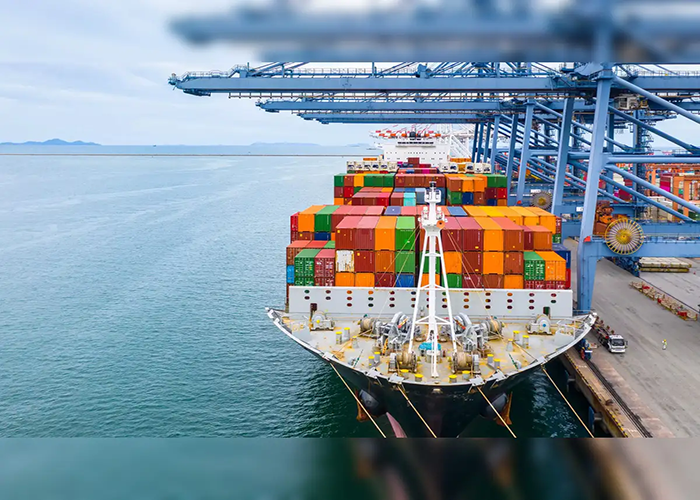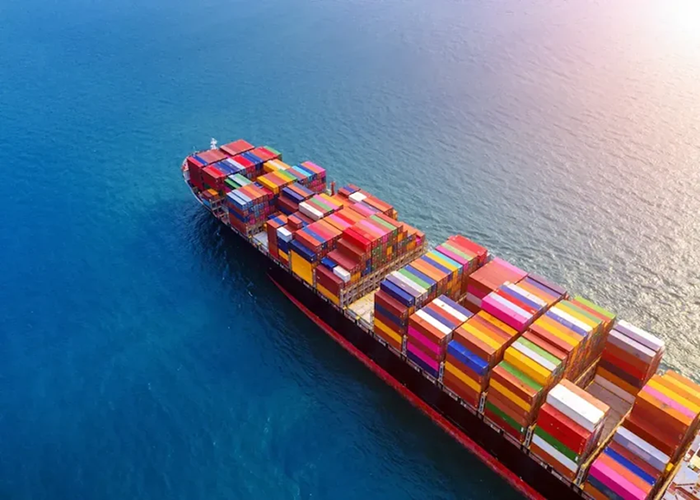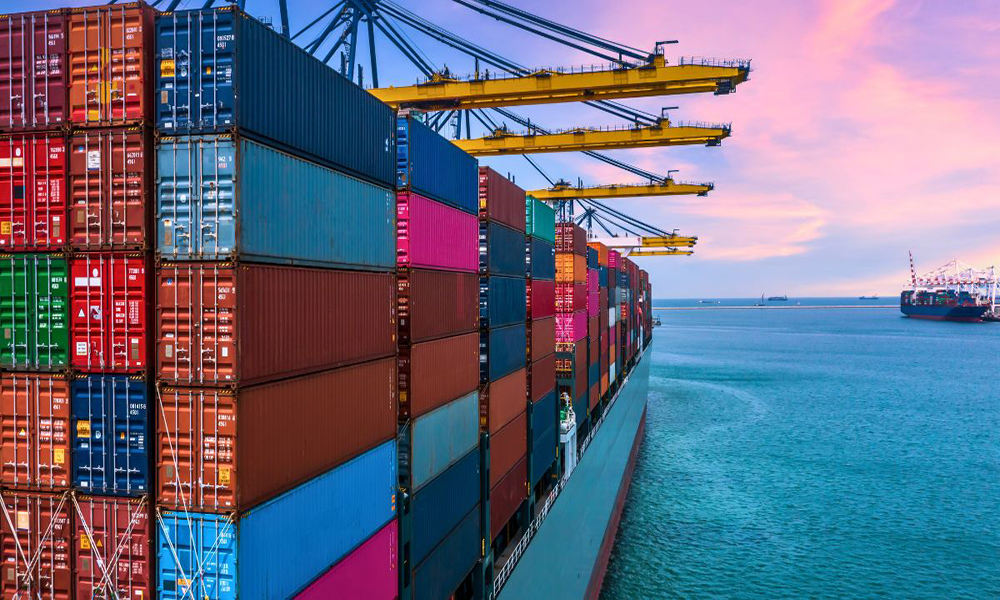Water and Wastewater Treatment in Cargo and Shipping Industries Using STP, ETP, WTP, WWTP, RO, and Industrial Solutions

India's cargo and shipping industry is pivotal in international and domestic trade. With over 7,500 km of coastline and major ports like Mumbai, Chennai, and Kolkata, shipping is vital for moving goods efficiently. This sector supports commerce, fuels economic growth, and connects India to global supply chains.
Maharashtra, home to the Mumbai Port and Jawaharlal Nehru Port Trust (JNPT), is a key maritime hub. These ports handle millions of tons of cargo annually, including containers, bulk goods, and oil. The associated shipping operations—cargo handling, maintenance, and onboard services—rely on water and generate considerable wastewater, requiring efficient treatment systems to comply with maritime and environmental regulations.
Water Is Required for Ship Cleaning, Engine Cooling, Cargo Handling, and Onboard Human Use
Water is essential to the day-to-day operations of cargo and shipping industries. It is used for vessel cleaning, engine cooling, ballast tank operations, and firefighting systems. Onboard water supports crew members' kitchens, laundry, toilets, and drinking needs.
At port facilities, water is also necessary for dust suppression during cargo loading/unloading, cleaning of storage areas, and maintenance activities. With operations running 24/7, continuous water availability and quality are critical. Proper management and treatment of water ensures efficiency, reduces operational risk, and prevents environmental damage.
Cargo Handling, Ship Maintenance, and Domestic Use Are Key Sources of Wastewater at Ports and Vessels
Cargo and shipping operations generate wastewater from multiple sources. Washing down decks, cleaning containers, and equipment maintenance release oil, grease, and heavy metals into wash water. Engine operations and bilge water also carry oily residues that must be treated.
"In the shipping and cargo industry, water is more than a utility—a shared responsibility. Treating and reusing water safeguards marine ecosystems, ensures compliance, and sustains global trade efficiency."
Onboard domestic wastewater—black and greywater—comes from restrooms, kitchens, and laundries. Port terminals also generate stormwater runoff mixed with oils, dust, and debris. This waste can pollute harbors and violate international maritime standards without proper treatment.
Oily Bilge Water, Greywater, Blackwater, and Stormwater Runoff Require Specialized Treatment
The main types of wastewater generated include oily bilge water from machinery spaces, greywater from showers and sinks, and blackwater from toilets. These carry organic waste, oil, grease, detergent, and sometimes chemicals.
Additional sources include ballast water, which may introduce invasive species and pathogens into marine ecosystems, and stormwater runoff that collects dirt and contaminants from docks. Each type of wastewater demands specific treatment to meet marine and environmental discharge standards such as MARPOL and local pollution control guidelines.
Physical, Chemical, and Biological Systems Are Used to Treat and Recycle Maritime Wastewater
Treating wastewater in this industry involves multiple stages. Bilge water is processed through oil-water separators, while greywater and blackwater are treated using sewage treatment plants (STPs) onboard or at port. Physical filtration removes solids, followed by biological processes to degrade organic matter.
Advanced treatment may include reverse osmosis (RO), UV disinfection, or chemical dosing to neutralize contaminants. Some ports have centralized wastewater treatment plants (WWTPs) to handle effluents from multiple ships and facilities. Regular system checks and automation help ensure safe, compliant discharge or reuse of water.
Smart Systems, Membrane Filtration, and Real-Time Monitoring Drive Reuse and Conservation Efforts
With growing regulatory and sustainability pressures, shipping companies are adopting new water treatment and reuse technologies. Membrane bioreactors (MBRs), RO systems, and automated dosing equipment enhance the efficiency and accuracy of therapy. Ballast water treatment systems use UV and filtration to prevent marine pollution.
Real-time monitoring and control systems are being deployed on ships and ports to track wastewater volumes, contaminants, and treatment performance. This reduces manual effort, ensures compliance, and minimizes environmental impact. Many firms are now focused on achieving Zero Liquid Discharge (ZLD) at ports and facilities.
Turnkey STP, ETP, RO, and OWS Solutions for Ports, Shipyards, and Maritime Facilities
We provide specialized water and wastewater treatment systems for the cargo and shipping sector. Our solutions include oil-water separators (OWS), shipboard STPs, port-based ETPs, RO systems, and complete WTP installations for potable use. Each system is customized to handle marine wastewater challenges.
Our team conducts feasibility studies, system design, installation, and commissioning, followed by regular maintenance. Whether you need compliance with MARPOL or pollution control board regulations, we deliver reliable systems that improve sustainability, reduce costs, and ensure safe operations onshore and offshore.
Conclusion: Sustainable Water Treatment is Critical for Maritime Operations

Sustainable Water Management in Hospitals Ensures Safety, Compliance, and Environmental Stewardship
The cargo and shipping industries are the lifelines of global commerce, but their dependence on water and the volume of wastewater they generate cannot be overlooked. Proper treatment of bilge, grey, black, and ballast water is not just regulatory—it's essential for preserving marine ecosystems. Advanced treatment solutions like STPs, ETPs, WTPs, RO, and automated monitoring ensure these industries remain efficient and environmentally responsible. With our tailored solutions, maritime operators in India and Maharashtra can achieve compliance, reduce environmental impact, and move confidently toward a sustainable future.

